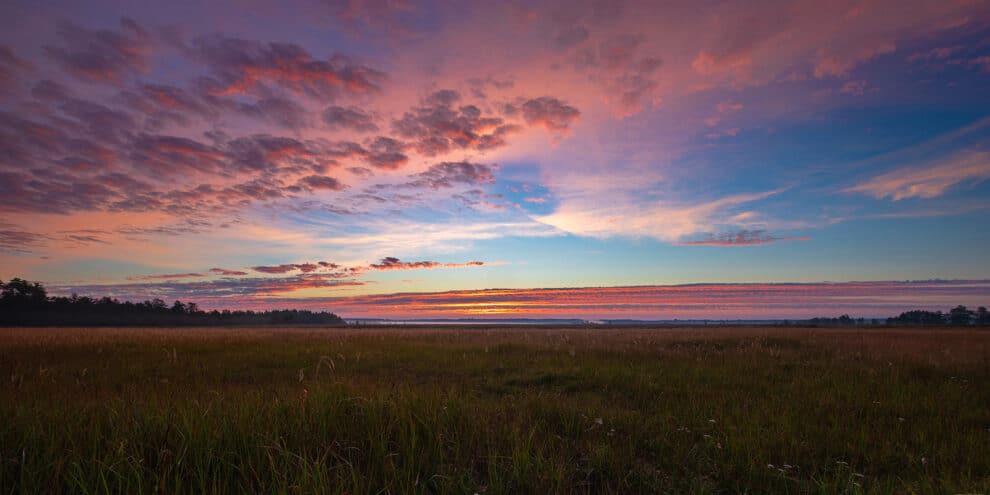Editor’s Note: This is the third in a question-and-answer series with land real estate professionals — land agents, mortgage brokers, auctioneers, attorneys, timberland professionals and more. There’s a lot of information about the national real estate market out there, but it’s tough to find answers to your specific land real estate questions — until now. LANDTHINK believes that a lot of the stress of buying, selling, and owning land can be reduced or eliminated with some simple information from some of the best in the land industry.
Landbuyer Question:
I’m looking into partnering with two good friends to purchase a 160 acre hunting property in Illinois. We want to split the cost of the purchase as well as food plot supplies, equipment and other work. We all share the same vision for the land. None of us would be able to afford the property solo.
We’ve already talked through that if we move forward with this, we would need an attorney to structure the purchase to protect and to be fair to everyone involved. I realize there are many ways to hold title to property and everyone’s circumstances are unique. Generally speaking, what is a common way that people set up a hunting land partnership legally? Is forming an LLC an option to consider?
James P. Moorhead, Founder and Principal, Moorhead Law Group, LLC, Attorneys and Counselors at Law, Lake Forest, IL
In Illinois, there are three main ways you could purchase and own the property:
1) Joint Tenancy with Right of Survivorship: With this, two or more parties can jointly own property. The primary benefits are that it is easy to establish and, if one party dies, the deceased’s interest automatically transfers to the surviving co-owners. This simplifies estate transition issues and ensures that the remaining co-owners retain control of the property. One disadvantage is that a creditor could obtain a judgment against just one owner’s interest and seize the entire property as the result.
2) Tenancy in Common: In this, each owner holds a specific percentage of the property and can sell or transfer their share independently. This structure provides more flexibility than joint tenancy. The disadvantage is that, if a co-owner dies, the surviving co-owners may not get the deceased’s share, so a third party could become a co-owner.
3) Limited Liability Company: A “LLC” is a business structure organized by filing with a U.S. state. In virtually all states, they can be organized and filed online through the state’s Secretary of State website. The main advantages are limited liability protection, which will offer liability protection for personal assets and money, and the pass-through taxation like a partnership or sole proprietorship. This is ideal if guests and visitors use the property, raising the risk of lawsuits. Ownership and management can be established via an operating agreement, which can include rules for transferring ownership interests. The disadvantage is that organizing an LLC likely will require an attorney and will incur filing fees and annual fees (the fees in Illinois are not excessive, however).
Once the ownership structure is determined, it will be important to establish an operational agreement in writing, to clearly state who owns what percentage, how the costs will be split, how the property will be managed and cared for, the rules for property use (including about hunting schedules and guests), how problems will be resolved, and how ownership interests can be sold (including whether the other co-owners will have a right of first refusal).
Additionally, keeping good records and communicating on a regular basis (e.g. setting semi- or annual times to talk through the property’s operations and any issues) is always a good idea. With real estate, good and regular communication can often prevent any issues from blowing up into big disputes.
Finally, in acquiring a property like this, consulting an attorney and an accountant for legal and tax advice is highly recommended.
Do you have a specific land real estate question for one of our professionals? Submit your question and we might choose yours!
This content may not be used or reproduced in any manner whatsoever, in part or in whole, without written permission of LANDTHINK. Use of this content without permission is a violation of federal copyright law. The articles, posts, comments, opinions and information provided by LANDTHINK are for informational and research purposes only and DOES NOT substitute or coincide with the advice of an attorney, accountant, real estate broker or any other licensed real estate professional. LANDTHINK strongly advises visitors and readers to seek their own professional guidance and advice related to buying, investing in or selling real estate.










Add Comment